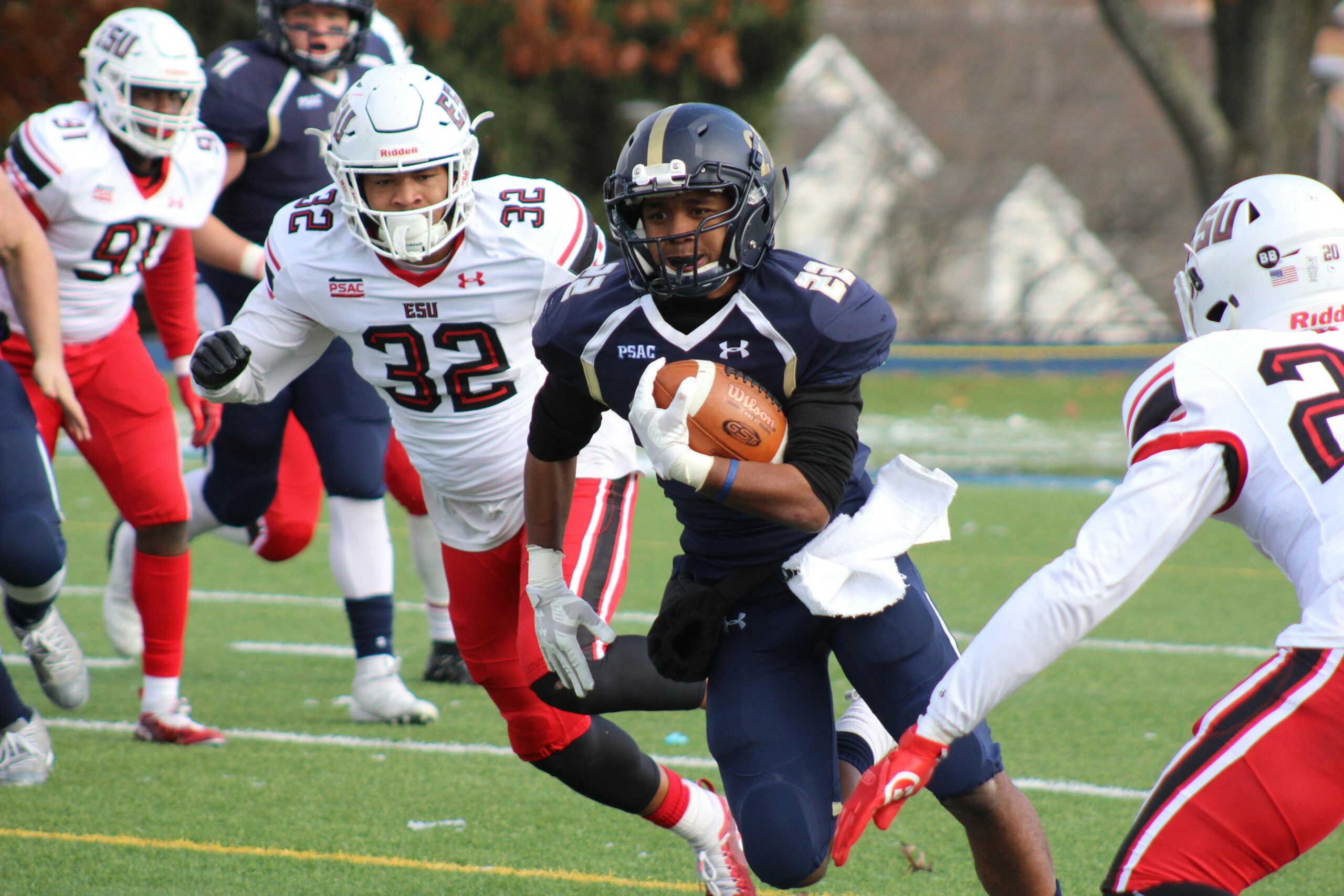In the realm of American sports, athletes are not just competitors on the field; many have emerged as powerful voices for social change off the field as well. From Muhammad Ali’s stance against the Vietnam War to Colin Kaepernick’s kneeling protest against racial injustice, athletes have a long history of using their platform to advocate for important social issues. In recent years, this trend has only gained momentum, with athletes across various sports stepping up to address societal challenges and drive meaningful change.
The Power of the Platform
Athletes hold a unique position in society. Their talent and fame afford them significant influence and reach, transcending the boundaries of sports. Whether they realize it or not, athletes are role models for millions, particularly the youth who look up to them. This influence gives them a powerful platform to raise awareness about social issues that matter to them.
One of the most notable examples of athletes using their platform for activism is LeBron James. Beyond his remarkable basketball career, James has been vocal on various social and political issues. He founded the “I PROMISE School” in his hometown of Akron, Ohio, aimed at at-risk children, providing them with educational opportunities and support. James has also been outspoken on racial inequality, police brutality, and voting rights, using his massive following to amplify these causes.
Speaking Out Against Injustice
In recent years, there has been a surge in athletes speaking out against racial injustice and police brutality. The killing of George Floyd in 2020 sparked widespread protests across the United States, and athletes were at the forefront of this movement. Many took to social media, participated in protests, and used press conferences to demand change.
Colin Kaepernick’s decision to kneel during the national anthem in 2016 to protest police brutality and racial inequality ignited a national debate. Though his actions were met with criticism at the time, they inspired a movement across various sports. Kaepernick sacrificed his career to speak out for those who didn’t have a voice, and his impact continues to resonate.
Beyond Borders
Athletes are not just catalysts for change within the United States; they also address global issues. Megan Rapinoe, a star of the U.S. women’s national soccer team, is a prominent example. She has been vocal in advocating for gender equality and LGBTQ+ rights, using her platform to raise awareness on the global stage.
Furthermore, athletes have pushed boundaries in addressing environmental issues, mental health awareness, and more. Their willingness to address diverse issues reflects a growing trend of social consciousness within the world of sports.
The Role of Sports Organizations
While athletes drive much of the activism, sports organizations also play a significant role. Leagues like the NBA, NFL, and WNBA have supported players in their activism efforts, recognizing the importance of free speech and social responsibility. However, there have been instances of friction, with some organizations attempting to silence or discourage players from speaking out.
The Impact and Legacy
The impact of athlete activism goes beyond raising awareness. It sparks conversations, influences policies, and inspires change both on and off the field. Moreover, athletes who take a stand for social justice often leave a lasting legacy that transcends their achievements in sports.
In conclusion, athletes as activists represent a powerful force for social change in America and beyond. Their courage to speak out against injustice, coupled with their massive influence, makes them instrumental in shaping a better future. As long as there are athletes willing to stand up for what they believe in, sports will continue to be a driving force for positive societal change.












Recent Comments